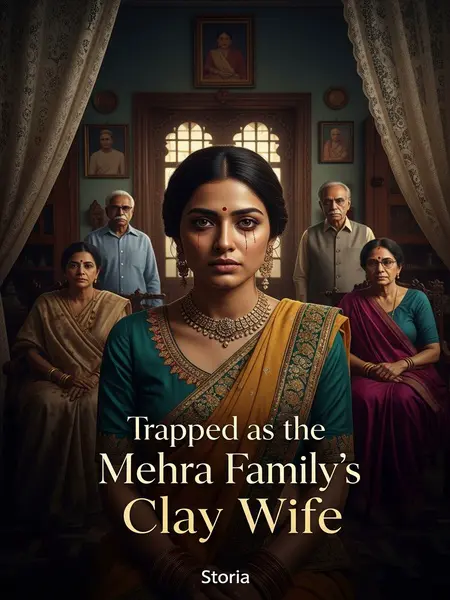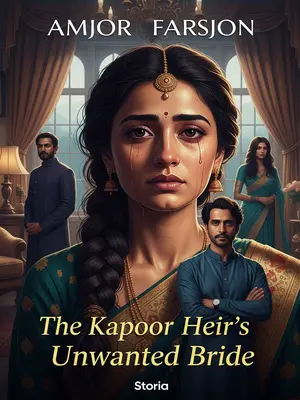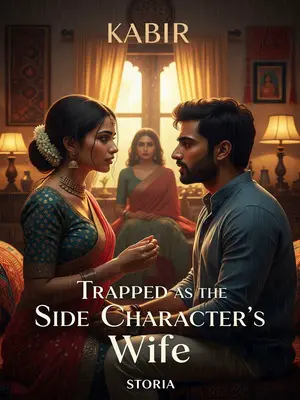Chapter 1: The Drawing Room Game
Laughter and the clink of chai cups echoed through the drawing room, where the air smelled of fresh samosas and mogra garlands. The wives, draped in silks and chiffons, with bindis bright and bangles jangling, lounged on cream sofas, their voices rising above the faint strains of Kishore Kumar playing from the corner speaker. The question—my husband cheated, should I give him a way out?—felt almost like a parlour game, tossed between sips of masala chai and gossipy murmurs.
My answer drew a wave of strange, mocking glances.
"Arre, Mrs. Mehra, you too? Even you won’t let him go? Wah, what confidence!"
That remark set off a round of laughter.
Mrs. Kapoor, always the queen bee, rolled her eyes dramatically as if my words were the height of audacity. The laughter was tinged with the easy cruelty of people who know they are safe behind tradition and connections.
I laughed along with them.
What else could I do? In India, especially among the well-heeled, laughter is a shield—sometimes a blade. I let my own chuckle float out, light and hollow.
After all, everyone knew it.
I was the weakest, most useless original wife in our social circle.
The truth was as heavy as the gold bangles on my wrists, and just as cold. Even the maids in the kitchen probably whispered about it as they chopped onions, their own hands steady and sure.
Later, when they thought back to that scene, they realised with horror:
The "way out" I spoke of, and the "way out" they meant, were not the same thing at all.





